OVERVIEW
Interested in establishing an environmental plantings ACCU Scheme project?
This information is aimed at Australian landholders and farmers wanting to set up an environmental plantings ACCU Scheme Project.
There are multiple ways a project can be set up and managed. You may be able to do the work yourself if you have the required skills, you may opt for a hands-off approach where a third party handles the entire process or you may do some of the work yourself and lean on a third party for some elements of the process.
Each approach will ultimately impact the amount of time you spend and the revenue you can potentially earn from an Environmental Plantings project. We also outline common risks and constraints.
DISCLAIMER: This general information has been prepared by Landcare Australia (AR 1315198 of Australian Carbon Traders Pty Ltd AFSL 425512) for farmers and landholders who are eligible to be treated as wholesale clients. It does not take into account your objectives, needs or situation. ACCUs and derivatives are financial products. While we have outlined common benefits, risks and constraints here, we strongly recommend you seek independent financial and legal advice before acting on any decision to invest. Click here for further regulatory information.
The Project Proponent?
Who will be the project proponent?
The project proponent is the person, multiple people or entity responsible for the ACCU Scheme project. The project proponent’s role is to:
- Oversee the project
- Ensure all activities are being carried out until the end of the permanence period; and
- Complete all reporting obligations to the CER.
Do-It Yourself
You may opt to be the project proponent, which is the most time-consuming and difficult pathway, but potentially the most profitable. This requires you fully understand the methodology and to have the skills necessary to execute an Environmental Plantings project. The skills you need include:
- GIS mapping to determine farm boundaries and planting areas.
- Calculating carbon abatement.
- Project management, monitoring and reporting.
Doing a project yourself will require significant upfront time and cost at the beginning of the project. This may be beneficial for large landholdings. If you undertake an Environmental Plantings project on your own, keep in mind that selling credits can be complicated. Seek appropriate financial advice before deciding to undertake a project on your own.
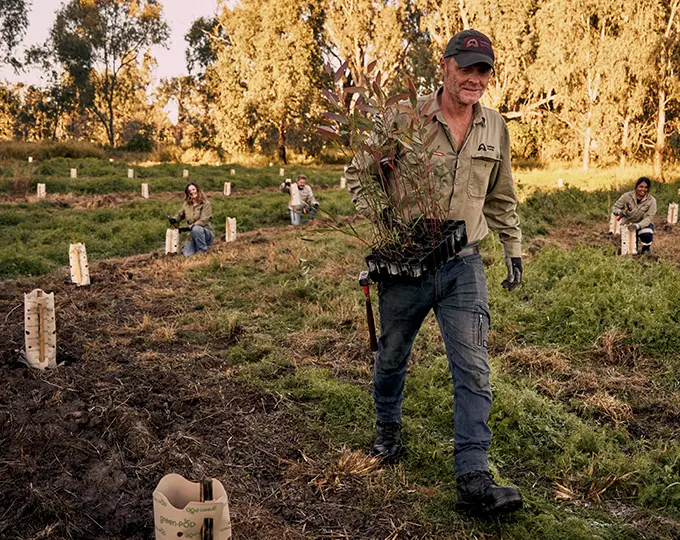
Working with carbon developers
If you need support, you may engage a carbon project developer, which is a business offering services to farmers and land managers concerning ACCU Scheme projects. Carbon project developers can assist in designing and implementing an Environmental Plantings project and provide all the services required to run a project on your behalf. Carbon developers will work with you on specific planting areas suited to your situation, determine eligibility and ensure the project is additional. They also handle all administrative and technical aspects of the project.
Funding options when working with a carbon developer
When partnering with a carbon developer there may be several options regarding project funding. The project could be self-funded with the developer running the project, or the developer could fund the entire establishment and maintenance of the project. Associated with this scale of investment will be a varying degree of commercial return for both parties, often commensurate with the risk and financial contribution of the parties involved. Importantly, an appropriate value for the land being utilised should be considered a significant financial element of the project.
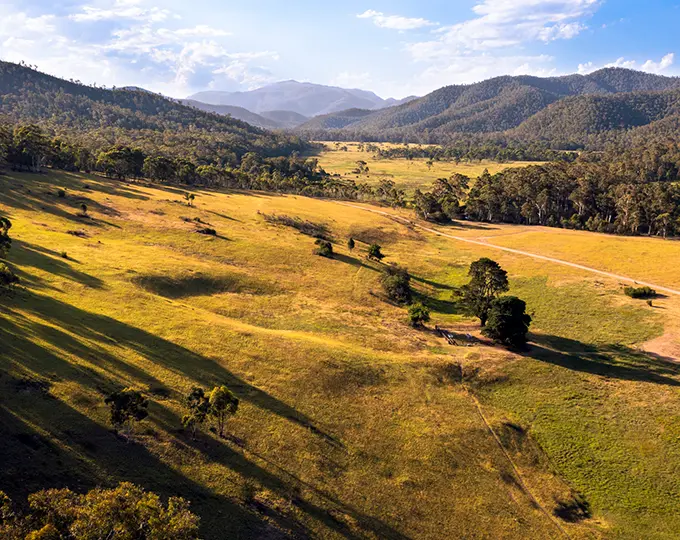
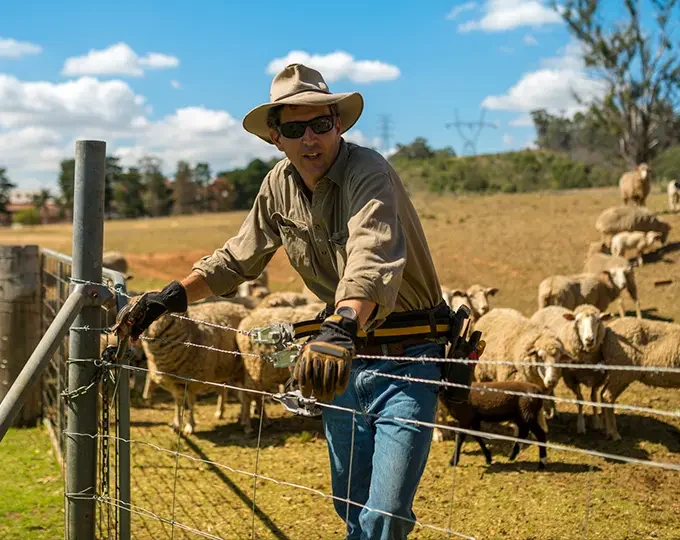
Legal right holder when working with a carbon developer
In all cases, it is the farmer or land manager as the legal right holder that chooses to be the proponent or assigns that role to a developer. The roles and decision-making responsibilities of the farmer or land manager and the developer are agreed between them. As ACCUs are financial products, anyone providing financial advice about ACCUs is required by law to have an Australian Financial Services Licence (AFSL).
You can check if the developer is appropriately licensed by the ASIC Professional Register here. Landcare Australia is authorised to provide financial services to wholesale clients as an authorised representative 1315198 of Australian Carbon Traders Pty Ltd AFSL 42512.
You need to be well-informed when agreeing about who will be responsible for what, and you should get independent advice and talk with several carbon developers to find the right fit.
Importantly, do not be rushed into a decision. Take the time to understand the organisation you are partnering with, their processes and timelines. In particular, compare the costs for services provided and the predicted return of ACCUs to you. It is also recommend that you source a project developer who is a signatory of the Carbon Industry Code of Conduct. Signatories to the Code of Conduct are held to a higher standard of client engagement, ensuring that farmers and landholders are provided with enough information to make informed decisions.
Important questions you should ask you carbon developer before engaging them
Here are some important questions to guide your discussion with a project developer and assist in selecting the right fit for you.
- Who owns your organisation?
- Do you operate a fee for service model, or would you prefer a split of the ACCUs?
- How many successful projects have you implemented, and can you give me details of these?
- Have any projects you’ve developed issued ACCUs or are expected to issue ACCUs shortly?
- How many years revegetation/Environmental Planting experience does your organisation have?
- Where do you source your funding from?
- How do you determine the split of ACCUs produced between us?
- Do you hold an Australian Financial Services Licence?
- Can you help me sell my share of the ACCUs if I do not require them for insetting purposes?
- Do you prefer to run 25 or 100-year permanence projects?
- What expenses and resources will I be required to contribute?
- What is your planning, preparation and management process?
- What challenges do you see to a successful project in this region?
- What is the minimum scale (ha’s) project you develop?
- Do you have the names of other landholders I can reach out to as a reference?
- Do you operate as a for-profit or not-for-profit entity?
- What happens in the event of failure or natural disaster?
- What happens if you become insolvent?
- Can you assist me with my on-farm emissions baseline?
There are a range of additional resources online to help you ask the right questions, including Agriculture Victoria’s guide Selling Carbon from Trees and Soils and the Australian Farm Institute’s Carbon Opportunity Decision Support Tool.
Good to know when setting up an ACCU Scheme project
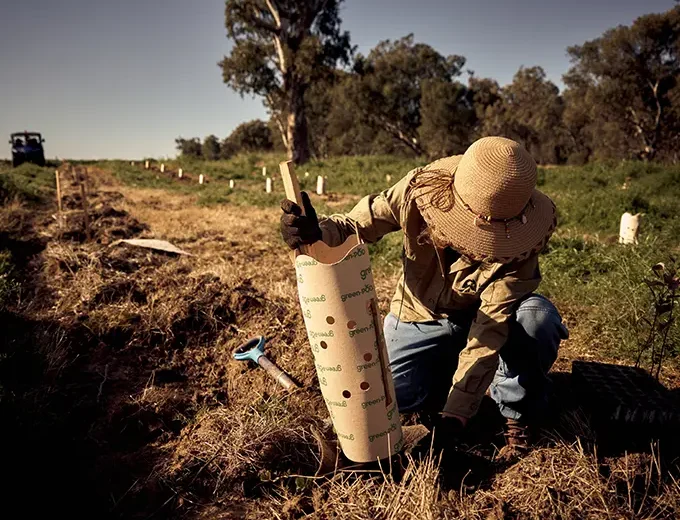
Benefits, risks & barriers
Before undertaking an Environmental Plantings project it's important to understand opportunities, as well as the risks and barriers to look out for.
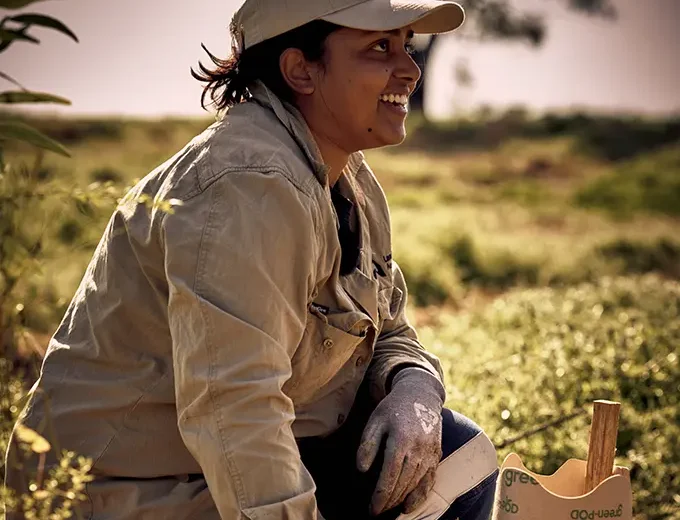
Contracting
If you decide to work with a carbon project developer you will be asked to enter into a commercial contract or agreement. What do you need to know?
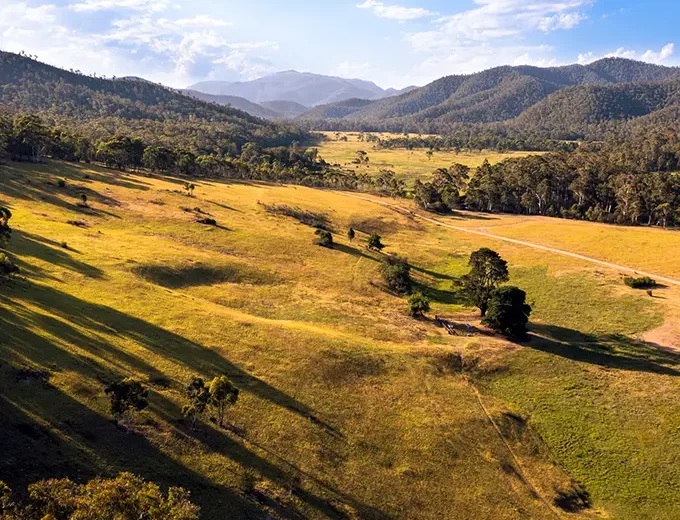
Checklist
Before embarking on an Environmental Plantings project under the ACCU Scheme, here are some important things to know and questions to ask.